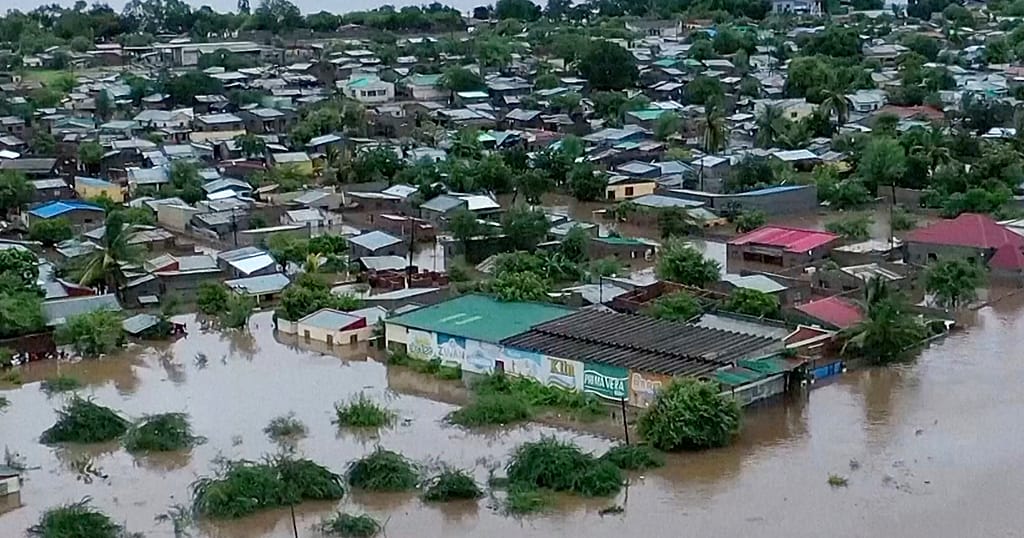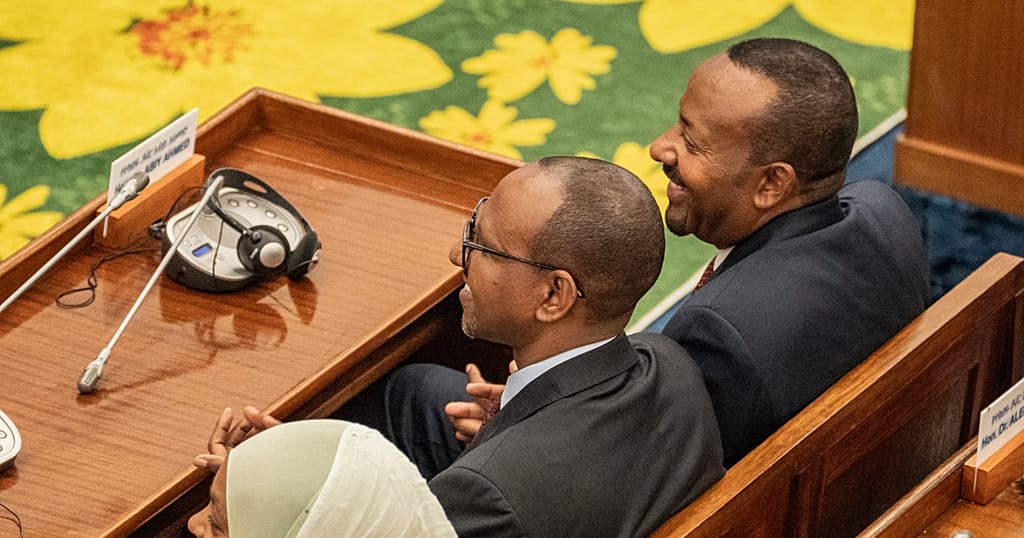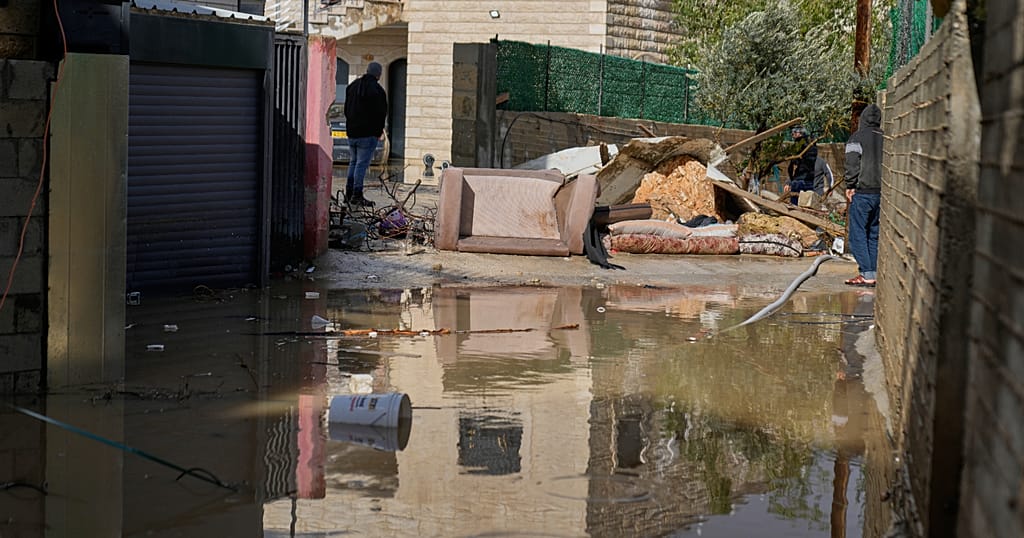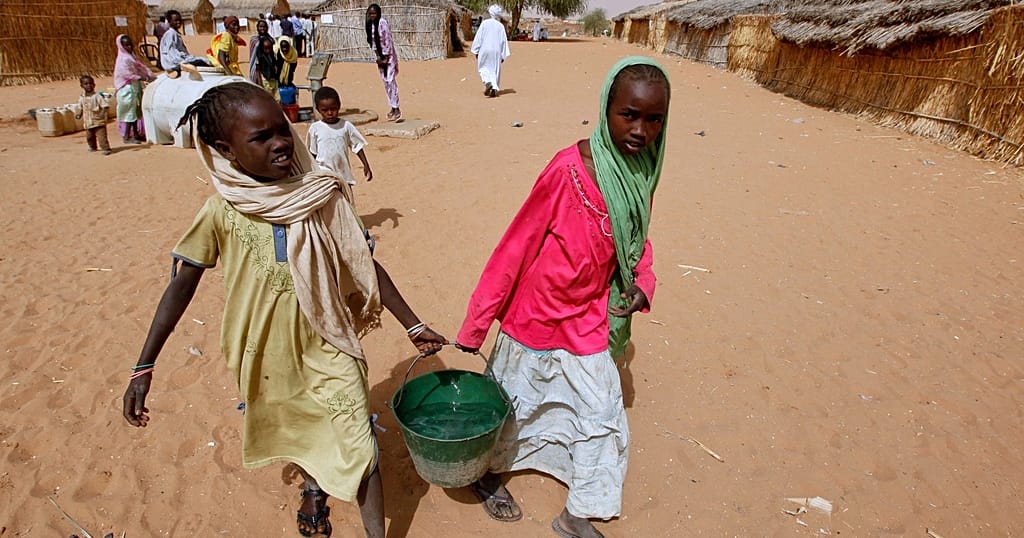WFP warns Sudan war risks triggering world’s largest hunger crisis
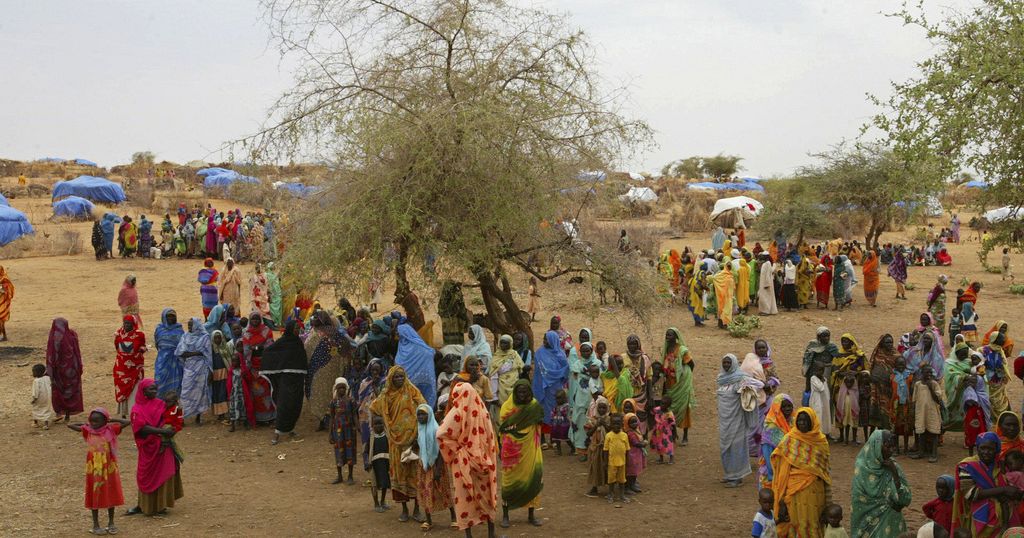
Fighting between rival generals in Sudan over the past almost 11 months risks creating the world’s largest hunger crisis, the United Nations World Food Programme (WFP) warned on Wednesday.
WFP executive director, Cindy McCain, said the war between the country’s military and a paramilitary group known as the Rapid Support Forces (RSF), has shattered the lives of millions across the nation.
Both the RSF and the army have been accused of indiscriminately shelling residential areas, targeting civilians, and obstructing and commandeering essential aid.
Tens of thousands of people have died in the fighting which has crippled the country’s economy and destroyed infrastructure.
It has also seen more than eight million people uprooted, adding to some two million who had already been forced from their homes before the conflict, creating the world’s largest displacement crisis.
Meanwhile, an increasing number of people are fleeing Sudan into neighbouring South Sudan and Chad and the humanitarian response is at breaking point.
As she wrapped up a trip to South Sudan where over half a million Sudanese have fled, McCain said the fighting “risks triggering the world’s largest hunger crisis”.
She added that the people of Sudan have been forgotten and now, “millions of lives and the peace and stability of an entire region are at stake”.
The WFP said some 18 million people across Sudan face acute hunger, five million of whom are at catastrophic levels of hunger – the highest emergency classification before famine.
It said it is currently unable to access 90 per cent of those facing “emergency levels of hunger” and says only five per cent of Sudan’s population “can afford a square meal a day”.
McCain on Wednesday called on the warring parties to stop fighting and allow aid agencies to provide life-saving assistance, saying the escalating food insecurity will have a significant long-term impact on the region.
The WFP also appealed for an injection of funding to respond to the spread of the humanitarian crisis to neighbouring countries.
Source: Africanews


